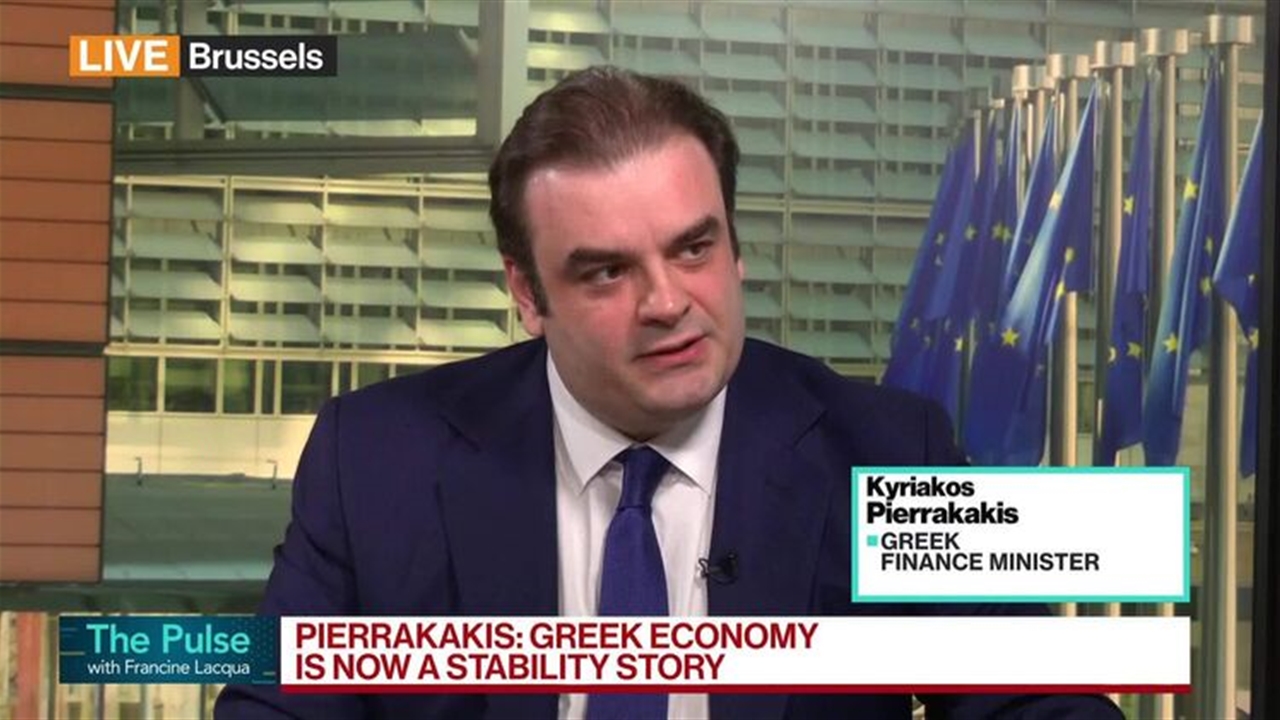Alejandro Gonzalez
4 min read
The government’s recent meeting with senior executives from HSBC, NatWest, and Lloyds confirmed what many in industry and policy circles already know: the UK’s SME finance market remains dysfunctional.
Loan approval rates have dropped significantly since the pandemic, business owners continue to report unresponsive lenders and rigid terms, and challenger banks—those best placed to serve smaller firms — are increasingly constrained by regulatory capital requirements.
The Minimum Requirement for Own Funds and Eligible Liabilities (MREL), introduced in the UK in 2016 in line with post-2008 global reforms, is a central part of this picture. Designed to ensure that banks can be wound down safely and without public cost, MREL requires institutions to hold substantial volumes of loss-absorbing capital. However, under the UK’s implementation, any bank crossing the £15 billion asset threshold faces a sharp and immediate increase in its capital obligations, regardless of its actual systemic risk.
The effects are clear: challenger banks are discouraged from growing beyond the threshold, limiting the pool of institutions actively competing to serve small firms. While high-level policy discussions have focused on adjusting the MREL framework—either by lifting the threshold, expanding eligible instruments, or extending the glide path—there has been little discussion of a complementary role for the British Business Bank (BBB). This is a missed opportunity.
Paragon Bank, a mid-tier lender, has highlighted the disproportionate impact of MREL on non-systemic institutions. In its submission to the Treasury Committee, Paragon noted that the UK’s MREL threshold of £15–25 billion is significantly lower than in other jurisdictions, such as the US ($100 billion) and the EU (€100 billion). This lower threshold brings mid-tier and specialist banks into a regime intended for the largest, globally significant firms, increasing their funding costs and refinancing risks. Paragon estimates that it could reduce mid-tier bank lending by £62 billion over five years, according to EY analysis. UK Parliament Committees
The BBB has a statutory remit to improve the supply of finance to SMEs. It already operates guarantee schemes, such as the Recovery Loan Scheme, and works through private sector delivery partners. But in the current environment, where regulatory capital rules are interacting with a concentrated banking sector and volatile wholesale funding conditions, the BBB could do more than de-risk loans. It could become a capital access facilitator for non-systemic banks, particularly those constrained by MREL but not classified as globally systemic (G-SIBs).













